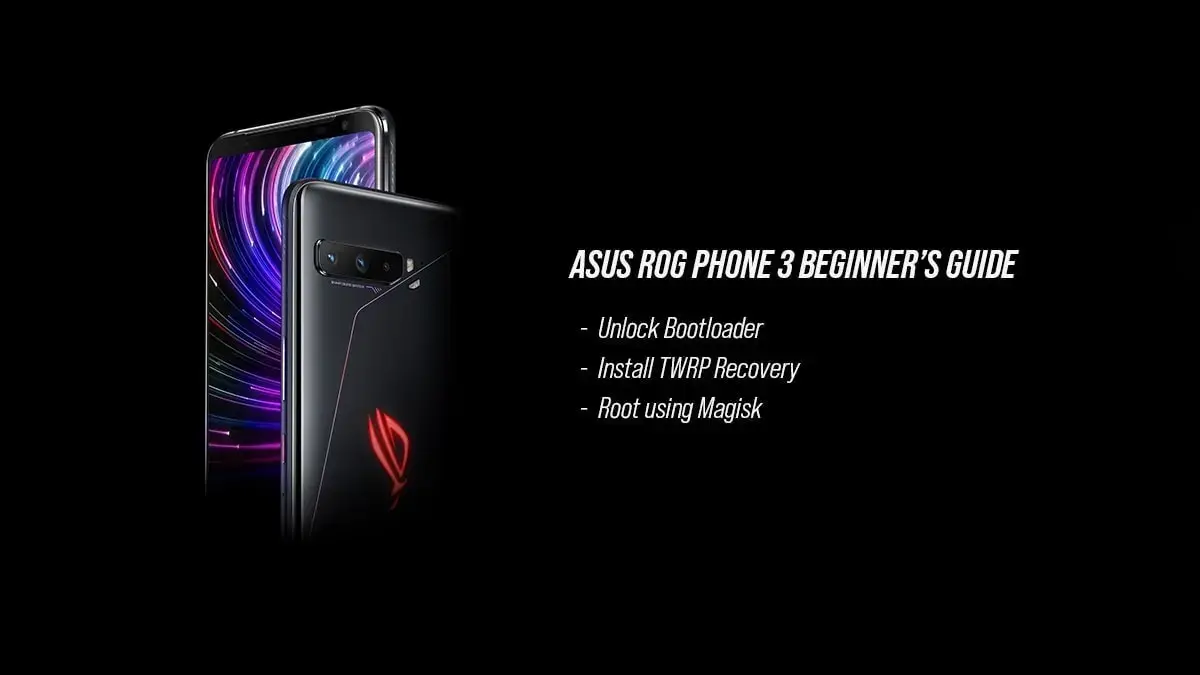I’ve been seeing a lot of people talking about how their android phones are rooted here. I’m very fed up with all the bloatware on my phone and I want to de-Google my life so I’m very interested in rooting my own phone.
People we’re really helpful with the last post I made here, thank you all so much! I’ve been doing a bit of research but I’m hoping for some advice/pointers since I’ve never rooted my phone before and I’m nervous about trusting random internet guides I find.
My phone is a ROG 3 Strix. I’m mostly using this as my guide but I’ve read a couple of other guides too. I couldn’t find a guide specifically for the Strix so I’m assuming (hoping) the steps will be the same.
From what I’ve read my understanding is that I need to do the following steps:
- Unlock the bootloader using a tool like fastboot. I believe ASUS has it’s own tool for doing this on ROG phones (obiwan-0902-1738_SIGNED_UnlockTool_9.3.0.0_200820_fulldpi.apk).
- Install TWRP so that I can install a custom OS onto the phone after rooting.
- Root the phone using a tool like Magisk.
- Use TWRP to install my OS. I’ve seen GrapheneOS and LineageOS being used by various people here on Beehaw.
Is there anything else I need to consider, or other guides/reading that would be worth me checking out? And what OS would people recommend I install on my phone?
I’m aware that some apps won’t work on rooted phones (e.g. banking apps) but I have another device I can use for those purposes. To install all the apps I’ll need I believe I need to download the FOSSAPPS Magisk Module which installs F-droid, which can then install Aurora Store.



My best advice is to do a lot of research in advance of the install and not to panic when things go sideways. The steps you’ve listed look about right, although I usually have to root after installing the OS as the install will often overwrite Magisk and your custom recovery. As someone else mentioned, https://www.xda-developers.com/ will likely have all the information you need.
Ah, also, it’s worth your time to check if apps that you use a lot can be backed up to the cloud. Messaging, podcasts, etc. It’s big time saver when you are setting up your new OS. After you have root, check out SwiftBackup, it will make the next one easier.